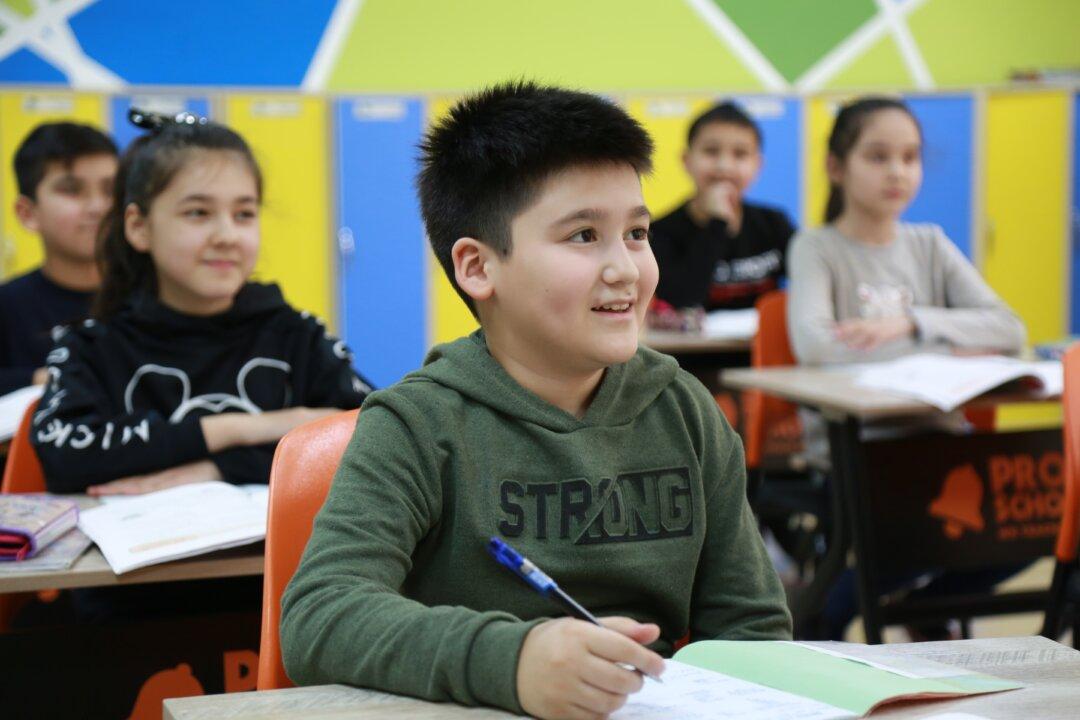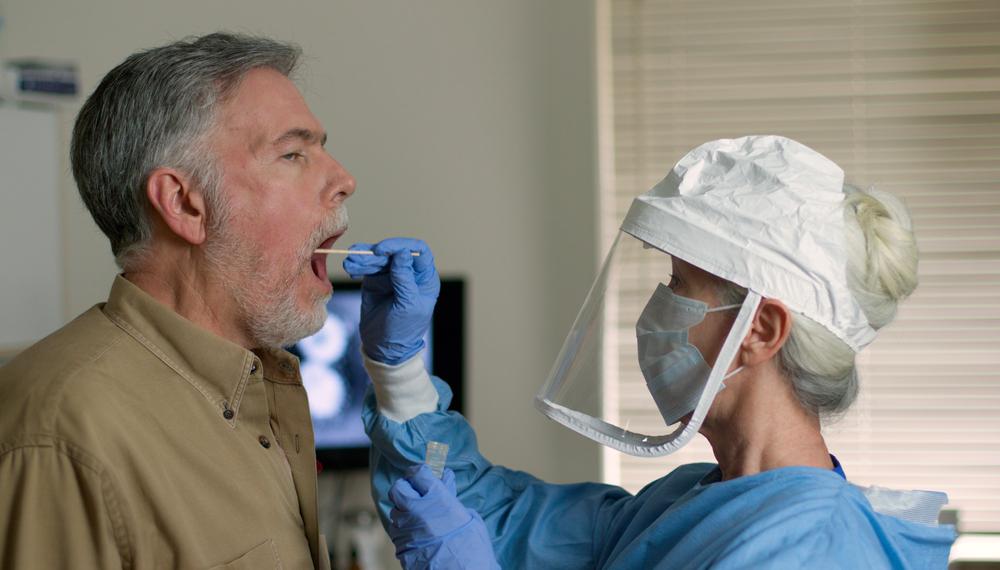There was a time, not too long ago, when educated, civilized societies felt that putting children first was a good idea. They felt that this idea was so sensible and good that they enshrined it in a global declaration: The United Nations Declaration on the Rights of the Child. Posters about it were displayed in classrooms around the world which teachers and pupils would discuss it together. The declaration declares that no right should be more special than another – so rights to play and rights to education have equal status.
During the pandemic, nations have turned a blind eye to this declaration – in fact, some have pretty much ripped it up. Indeed, I think most nations are guilty of this.



